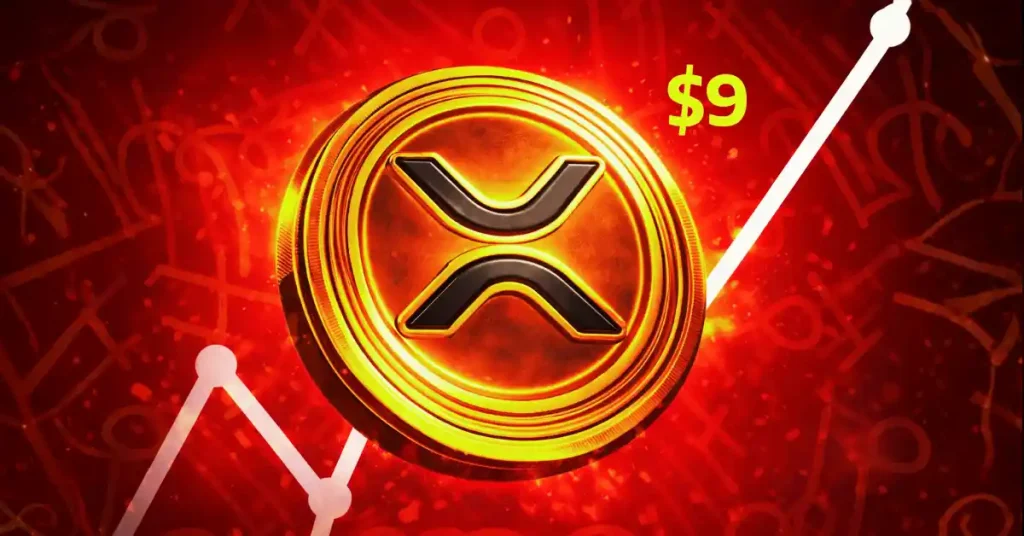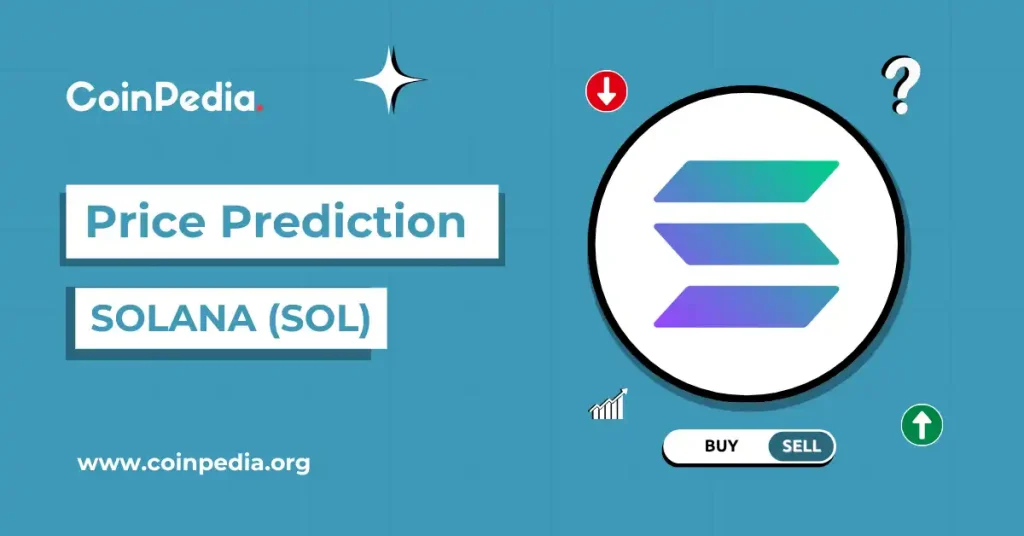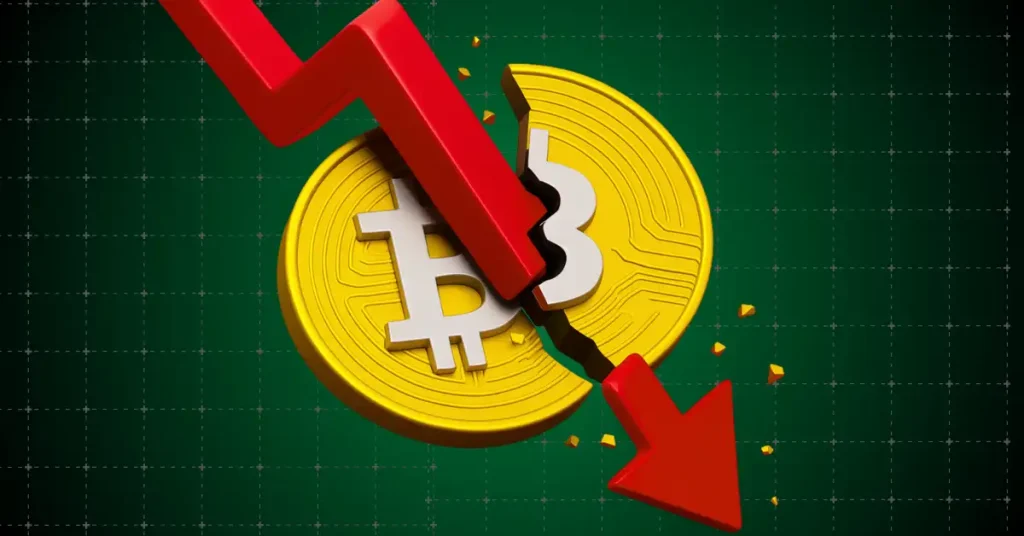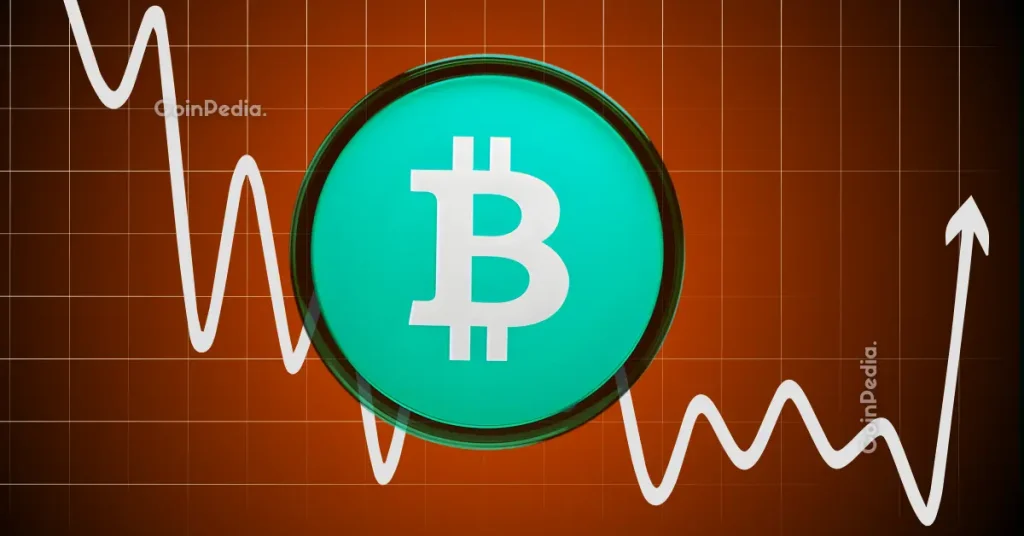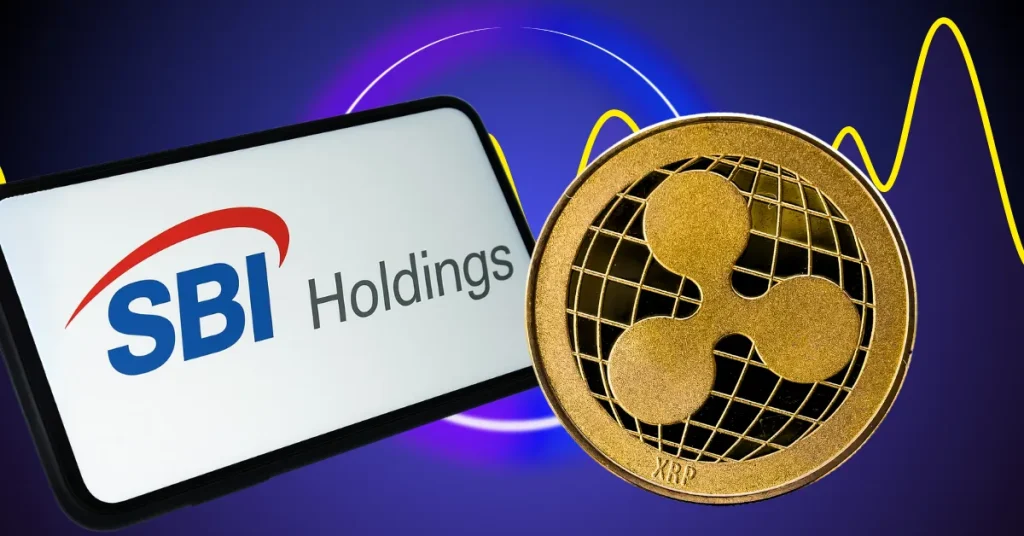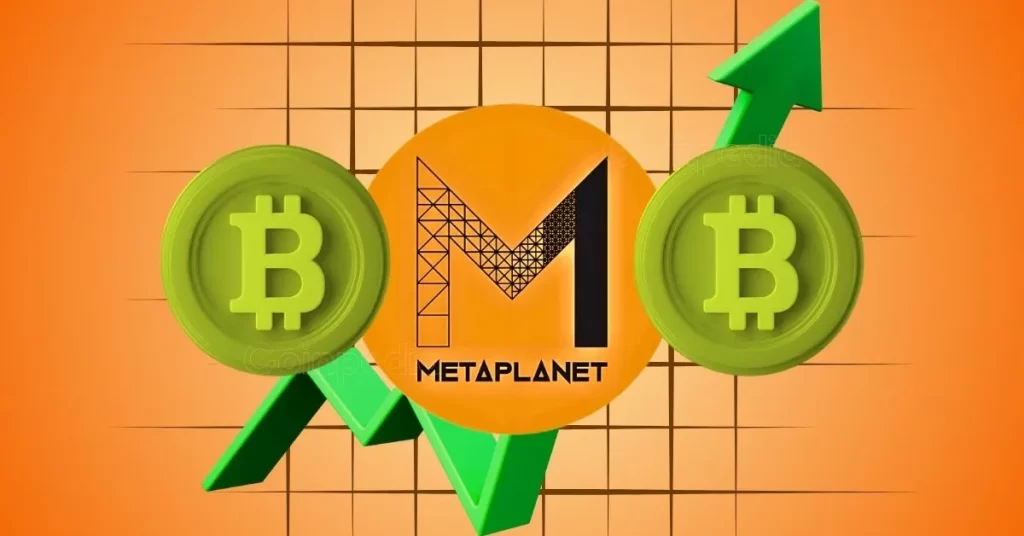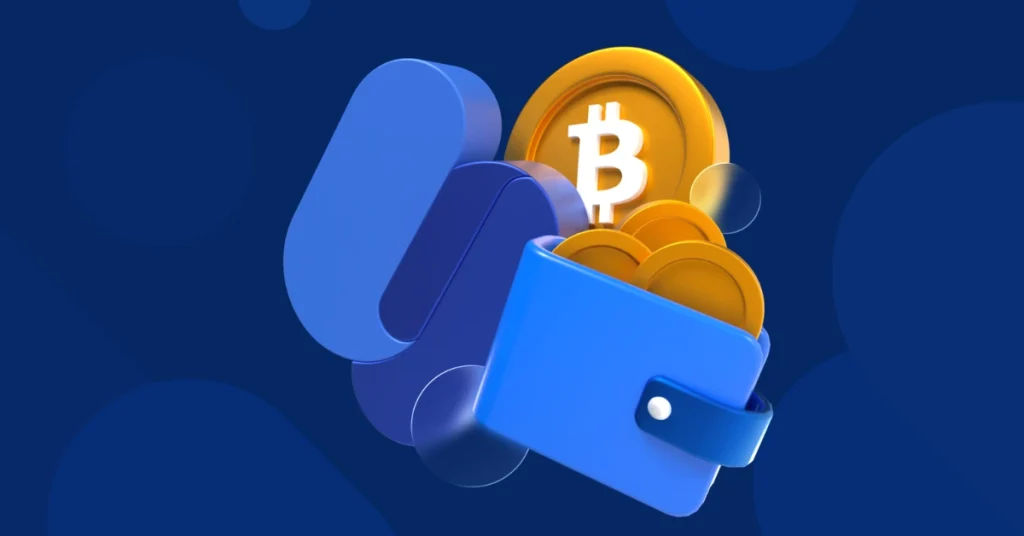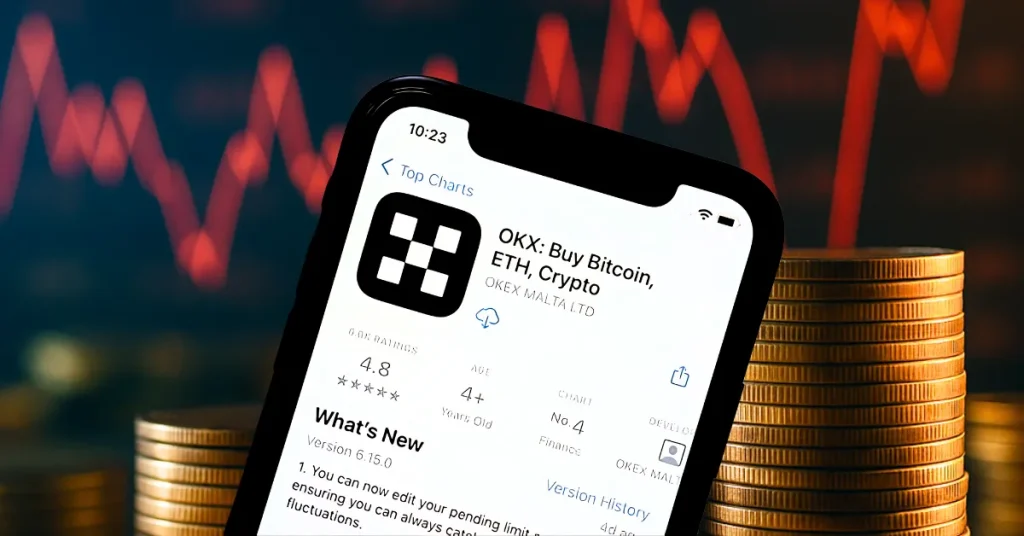The 8 Best Bitcoin Wallets of 2022 (Editorial)
I am sure you have heard about Bitcoin by now.
And I’m also pretty confident that some of you might even own some bitcoins!!
But where are you keeping those bitcoins?
On Bitcoin exchanges like Binance, BitMEX, or hosted Bitcoin wallets such as Coinbase or CEX?
If that’s your answer, then you are putting the ownership of your bitcoins at serious risk!!
These services keep your Bitcoin private keys under their custody on your behalf. This is not a safe practice, as your Bitcoin private key is the only way to claim your bitcoins.
If you don’t know, consider reading this guide on private keys, and the MtGox hack.
So now the question is, where should you keep your bitcoins?
Here at Coinsutra, we don’t write about things that we have not personally used.
Moreover, I think one needs to look for the following things when selecting a reliable Bitcoin wallet, irrespective of whether it is a software or a hardware wallet:
- Control private keys – A wallet where you own and control your keys.
- Backup & security features – Seed backup keys and pin codes.
- Developer community – Active development community for maintenance.
- Ease of use – Elegant UI for fast and easy use.
- Compatibility – Compatible on different operating systems.
Now that you know what to look for in a Bitcoin wallet, let’s check out the top 5 best Bitcoin wallets.
The Best Bitcoin Wallets: (Hardware, mobile & desktop)
1. Ledger Nano X

Ledger Nano X is a hardware wallet from a French start-up. This is the most modern and functional Bitcoin wallet that you can purchase in 2021. This hardware wallet works with desktop and mobile and comes with an in-built battery.
From the security perspective, it has 2 chips (1 is for the secure element) which ensures your private keys never get exposed to the world.

You can store up to 100+ cryptocurrencies and using Ledger Nano X, you can use it as a login for many exchanges.
Some of the supported coins by Ledger Nano X are:
- Bitcoin
- Ethereum
- Litecoin
- Ripple (XRP)
- Binance chain (BNB)
- Dash
- Cardona (ADA)
- USDT
- Tron
- Monero (XMR)
- All ERC 20 Token
- Terra
- Polkadot
- Solana
This is by far the best option that you have. The hardware wallet is priced at $119 and offers free shipping.
2. Ledger Nano S

This is the early version of Ledger Nano X and It’s like a USB drive that connects to any USB port. It doesn’t have a battery and only starts up when plugged into a computer (or mobile device).
The Ledger doesn’t come with an anti-tampering sticker as its cryptographic procedure checks for the integrity of the instrument when powered on.
It also comes with an OLED screen and two side buttons for confirming transactions.
When you configure your Nano S as a new device, you need to set up your pin code in order to secure your wallet. After that, note down and store your 24-word recovery phrase. This recovery phrase can be used anytime to restore your bitcoins.
With this wallet, your private keys are stored offline, so you need not worry about the safety of your coins.
Nano S is also the cheapest multi-currency hardware wallet ($90).
The Ledger Nano S wallet supports the following major cryptocurrencies:
- Bitcoin (BTC)
- Bitcoin Cash (BCC)
- Ethereum (ETH)
- Ethereum Classic (ETC)
- Litecoin (LTC)
- Dash (DASH)
- Dogecoin (DOGE)
- Zcash (ZEC)
- Ripple (XRP)
- Stratis (STRAT)
- Komodo (KMD)
- PoSW
- ARK
- Ubiq
- Expanse (EXP)
- PIVX
- Vertcoin
- Viacoin
- Stealthcoin (XST)
- NEO (Works with NEON Wallet and supports GAS too)
- Bitcoin Gold & more…
Also, it is a multi-currency wallet where you can store/manage more than 700 coins and ERC20 tokens all at once place. And you can see the list of all supported cryptocurrencies here.
Check out other supported currencies on Ledger here: Which Cryptocurrencies Are Supported By The Ledger Wallet?
Note: You should always use a hardware wallet when you have a lot of bitcoins or altcoins.
Watch this video by Coinsutra’s YouTube channel to learn how to set up your Ledger Nano S.
3. Atomic Wallet

Atomic Wallet is a multi-currency custody-free wallet that supports over 300 coins and tokens. This one is the first cryptocurrency wallet with decentralized cross-chain atomic swaps on board. Users can exchange Bitcoin, Litecoin, and QTUM with no intermediaries. The team of Atomic Wallet plans to enable Ethereum for the swaps, as well.
Apart from that, Atomic Wallet provides a built-in regular exchange service for a range of cryptocurrencies, and an option to buy XRP, BTC, LTC, and ETH with a bank card.
All these features are well crafted in one clear and comprehensive interface. You don’t need to verify your identity or register. You just download the wallet for your operating system, install it and start using it. Currently, Atomic runs on a range of desktop operating systems, such as Windows-64 bit, macOS. Linux, etc., and will be available for Android and iOS devices as well.
Like other non-custodial wallets, Atomic generates a mnemonic seed for your wallet and encodes private keys in your device. If you are about to store your crypto in Atomic, you must write it down and keep it in a secure place, since the seed is shown only once and not sent via email.
The wallet supports private keys import, so you can move your funds from any other wallet to Atomic in a few clicks.
Interestingly, Atomic Wallet provides its interface for custom tokens, so anyone is able to add their custom tokens by importing a smart contact address. That’s a quite convenient option when it comes to ICO campaigns.
Regarding the latter, Atomic is planning to release its underlying ERC20 token by the end of 2018 and now is running a bounty program where everyone may participate before the public sale.
To sum up, Atomic Wallet seems to be a quite non-typical cryptocurrency project. In one place, you can manage 300+, exchange and buy some of them, try innovative Atomic Swaps, get access to custom tokens and participate in the bounty. And all these features are performed in a non-custodial manner.
4. Trezor

Presented by SatoshiLabs, a Czech Republic-based company, Trezor is the world’s first Bitcoin hardware wallet.
It is a small device with an OLED screen, which connects via a USB to your personal computer or phone. Its fundamental purpose is to store your private keys offline and sign transactions.
The initial setup is a bit different from the Ledger Nano S.
With Trezor, when you first connect it to your PC, it shows a nine-digit pin code on its OLED screen. You need to enter the same pin code by clicking on your corresponding PC screen. This code is generated randomly every time you connect Trezor and makes sure that even a tampered PC can’t get your pin.
After entering the pin, you will be asked to write your 24-word recovery seed. Again, you need to keep your recovery key safe because this is the only way you will be able to restore your bitcoins.
After that, using it is pretty similar to the Nano S.
Trezor now supports many cryptocurrencies:
- BTC – Bitcoin
- ETH/ETC – Ethereum/Ethereum Classic
- NMC – Namecoin
- LTC – Litecoin
- DOGE – Dogecoin
- ZEC – Zcash
- DASH – Dash
Update: Trezor now supports more than 600 cryptocurrencies/tokens for more details read: Which Cryptocoins Does Trezor Hardware Wallet Support?
Trezor can be used with apps such as TREZOR Wallet and Mycelium.
It is available now for Windows (version 7 and higher), OS X (version 10.8 and higher), and Linux. You can also use it with your Android devices.
It is available in 3 colors – white, gray, and black – and costs $110.
- Also see: Bitcoin hardware wallets
5. Exodus

Exodus is a free to use, desktop-only wallet crafted by JP Richardson and Daniel Castagnoli in mid-2015.
It is the world’s first multi-cryptocurrency desktop wallet.
Simply looking at Exodus.io, you can tell that the company is putting a lot of effort into creating a good user experience.
You can store your bitcoins without worry, as Exodus has no hosted servers or logs. At present, it supports cryptocurrencies like Bitcoin, Ethereum, Litecoin, Dogecoin, Dash, Golem, and Augur.
No registration or identity verification is needed to start using Exodus. But you certainly need to take a backup of your seed key!
If you want to access and spend your funds, you are required to set a password.
While taking a backup of your seed key, it also asks for your email id for sending you a one-click link recovery feature. You can always use this email link along with your password to restore your Exodus wallet.
However, one thing to remember while using Exodus is that you can only take a backup of the seed key when you have some balance in your wallet.
I like using this wallet because a pie-chart at the center shows your entire token portfolio in one glance. The UI is very nice.
Exodus is the first desktop wallet to have ShapeShift built in for exchanging cryptocurrencies.
And if you need help, you can get personal support from the founders via email.
It is available on Mac, Linux, and Windows.
6. Trust Wallet

Trust Wallet is the world’s leading multi-asset digital wallet which stores both bitcoins and altcoins.
It currently supports 13 crypto coins and is an ideal choice for multi-cryptocurrency users.
With an active development team working at lightning speed, it’s also very reliable. Altcoins such as Binance, Monero, Tether, Ripple, and many more are on their development roadmap.
Trust Wallet provides a seamless, frictionless, and easy to use UI. It takes no email verifications, no onboarding, and no usernames/passwords to start using Trust Wallet.
It is an HD wallet which comes with a seed backup key feature. The seed key helps you in controlling and restoring your crypto assets in case your device is damaged or lost.
You can export your private keys, and import bitcoins or altcoins from paper wallets.
It is available now on Android and iOS.
7. Guarda

Guarda is one of my favorite Bitcoin wallets.
It is an open-source and well-established Bitcoin wallet with an active developer community that is always innovating.
This is a frictionless tool for storing bitcoins, as it requires no email verifications, no onboarding, and no usernames/passwords to get started.
If you are new to Bitcoin, you will love Guarda’s very easy to use UI.
Moreover, you control your Bitcoin private key and can always import it when you need to.
Guarda is non HD wallet which provides you with a 12-word backup seed key which you should write down somewhere and keep safe. In case you damage or lose your device, this backup seed key will enable you to recover your bitcoins.
Guarda is compatible with Ledger Nano wallets.
Guarda is available on all platforms.
Always remember: If you lose those 12 words, you will lose your bitcoins.
8. Best Bitcoin Lightning Network wallet

As the Lightning network adoption is increasing, it is important that you have a lightning network supported Bitcoin wallet. This way you would not be restricted by high network fees of Bitcoin network, and use services like Bitrefill, Paywithmoon to name a few.
Here are some of the best Bitcoin lightning network wallets:
- Breez wallet (iOS and Android)
- Muun wallet (iOS and Android) – Recommended
- Blue Wallet (iOS and Android)
The Best Ways To Store Bitcoin – Crypto Wallets
| Name of Crypto Wallet | Types Of Wallet | Rating |
| Ledger Nano X | Hardware Wallet | 10/10 |
| Trezor | Hardware Wallet | 9.5/10 |
| Exodus | Desktop Wallet | 8/10 |
| Trust Wallet | Mobile Wallet | 9/10 |
| Guarda wallet | Mobile Wallet | 9/10 |
| Muun Wallet | Mobile Wallet (Lightning compatible) | 9/10 |
It’s important to store Bitcoin away from an exchange. If you don’t do this, you risk losing all of your coins in an instant.
Luckily, you have many online and offline wallet options available to you.
Understand what are Bitcoin Wallets with an example:
You have your email address based on which service you are using like [email protected].
This is a public address (i.e. everyone can see it, and you can share it with anyone for receiving emails). And you have a software/service like Gmail or Hotmail through which you send and receive your mail.
And you have a password to log in to your email service to send mail on others’ email IDs (others’ public addresses). But your password is confidential and private for your own use and theirs is confidential and for their own use.
And the software/service understands both the public address ([email protected]) and your password (private address) to successfully log you in and send/receive/store emails.
Similarly, for sending/receiving/storing bitcoins, we require a wallet on the Bitcoin network, which is nothing but a place that stores our public address (a place to receive bitcoins) and a private address (to send/spend bitcoins).
So in short, the place where you have both your bitcoin address to receive bitcoins and the private key to send/spend bitcoins is called a Bitcoin wallet. In an even more simplified way, a wallet is a digital file that stores your bitcoins.
- Bitcoin Address + Private Key = Bitcoin Wallet
So what kinds of Bitcoin wallets exist on the market?
Different Types of Bitcoin Wallets:
There are a lot of Bitcoin wallets available out there in the Bitcoin world. To make it easier for you to understand, I have classified them based on certain criteria such as online connectivity, custodianship, and device availability.

Hardware Bitcoin Wallets (aka Cold Storage)
This is the most secure and safest way to store your bitcoins because they are stored in an offline environment.
At the time of this writing, there has been no reported theft or loss of bitcoins from a hardware wallet. The private keys and digital signature needed to spend bitcoins are generated via these wallets.
I will explain about Bitcoin private keys in the upcoming articles…
Hardware Wallets:

- Ledger Nano X
- Trezor
- Safepal
Mobile Bitcoin Wallets
Bitcoin wallet applications that are installable on mobile phones are called mobile wallets. For each mobile operating system, such as iOS, Android, Windows, and Blackberry, compatible wallets are available.
Below are the various Bitcoin mobile wallets and each mobile OS compatibilities. The one that I prefer using is TrustWallet on my Android phone. They have integrated a lot of security measures & are quite safe. At the same time, there are many more mobile wallets that you can pick based on your smartphone’s OS.


Android Wallets:
- Coinomi
- Edge
- Guarda
- TrustWallet
iOS Wallets:
- Muun Wallet
- Breadwallet
- CoPay
- Edge
- TrustWallet
- Blockchain
Desktop Bitcoin Wallets
Desktop wallets are Bitcoin wallets that are installable on different desktops, and as per the user’s needs, are compatible with Windows, Mac, and Linux.
Below are various Bitcoin desktop wallets compatible with all operating systems.

- Exodus
- Jaxx
- Electrum
- Armory
- Copay
- Bitcoin Core
Web Bitcoin Wallets (aka Hot/Online/Hosted Wallets)
Wallets which are basically web services and are accessible through web/internet-based browsers such as Google Chrome, Firefox, and IE are called web-based Bitcoin wallets.
The private keys are held online in these kinds of wallets. They are accessible via an internet address such as https://xyz.com.
They are also called “hosted wallets” because you store your bitcoins on the servers of the agency which you have chosen as your online wallet.

Web Wallets:
- CoinBase
- Binance
Paper Bitcoin Wallets (aka Cold Storage Wallet)
Paper wallets are a piece of paper with a public address and the private address printed on them.
You can use the public address to send any amount of bitcoins. You can then save the piece of paper as it also contains the private key which can be used to transfer/spend bitcoins or sweep the Bitcoin paper wallet completely to another wallet.
Since the keys are offline, printed and secured by the owner, there is no threat of any electronic damage to bitcoins unless the printed keys are lost.

Read: Bitcoin paper wallet
Bitcoin wallets based on connectivity

Hot Bitcoin Wallets (Online)
Wallets in which bitcoins are stored online and which are connected 24/7 to the internet are called hot wallets. Such Bitcoin platforms and services which can receive/withdraw bitcoins for their users are hot wallets. They are very much like the wallet you have in your pocket.
Akin to a cashier in a bank who has not kept the money deposited in the bank vault but left it on his/her desk, your bitcoins are always under threat when placed online and connected 24/7.
Cold Bitcoin Wallets (Offline)
And you must have guessed, those bitcoins stored offline in hard drives or USB drives or paper, away from internet connectivity are called cold wallets.
Read: What is Cold storage in cryptocurrency
Bitcoin wallets based on custodianship of keys

Custodial Wallets (3rd Party Services)
When you entrust your bitcoins to be held by some agency/exchange on your behalf, it means you are trusting them and storing your bitcoins with them on their servers, thereby giving them custody of your bitcoins.
Non-Custodial Wallets
When you entrust your bitcoins to nobody and take responsibility for your own funds by saving your Bitcoin private keys yourself, such wallets are called non-custodial wallets.
Which Bitcoin Wallet Should You Use?
It is a tricky question.
The type of wallet you should use really depends on your level of activity and level of security with which you want to handle your bitcoins.
It also depends on how frequently you use your funds and how much you want to store on any particular wallet. Also, are the bitcoins you possess for your savings/investment or are they for daily transactions?
I personally prefer hardware wallets like Ledger Nano X for storing a significant amount of bitcoins because of the high-security features. And I use desktop wallets to keep bitcoins which I am not using for daily transactions. So that whenever required, I can quickly connect my desktop wallet to the Bitcoin network and transfer bitcoins.
I only use web wallets or mobile wallets to keep small amounts of bitcoins, similar to a wallet in my pocket for daily transactions.

Which wallets do you prefer to use? Have you used any on this list? Let us know in the comments below!
Like this guide to Bitcoin wallets? Share it with your friends!
Here are a few hand-picked guides for you to read next:
- Best Segwit Enabled Wallets For Bitcoin
- Security Risks of Mobile, Web & Desktop Bitcoin Wallets [Must Know]
- Here Is A List Of The Best Cryptocurrency Trading Sites For Beginners [Updated List]
If you want to learn about paper wallets, check out this article.
I hope this detailed article on the different types of Bitcoin wallets – including software, hardware, and desktop wallets – will help you in making the right choice for yourself.
Do let me know which bitcoin or altcoin wallet you are using in the comments section below.
And if you find this post useful, do share it with your friends on Facebook & Twitter!
Further Suggested Readings:
- What Is A Brain Wallet & How To Create One For Yourself?
- How To Select A Bitcoin Wallet: The Definite Guide For Beginners
- Exploring The Top 7 Bitcoin Desktop Wallets


